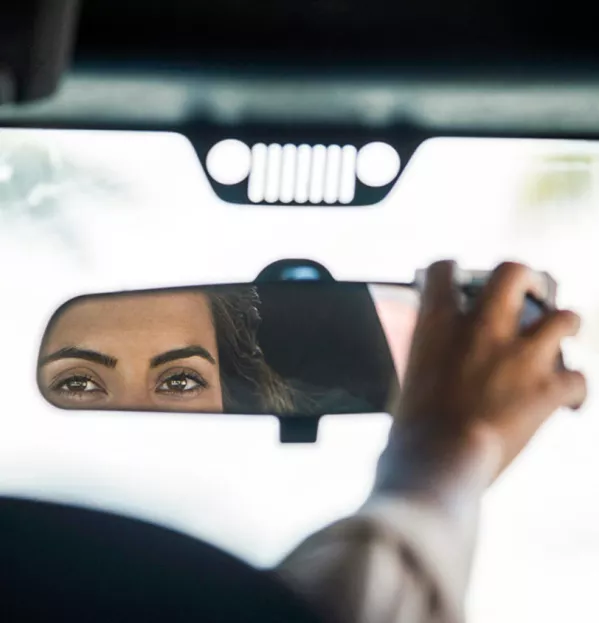Half-term is fast approaching - and while the start of the New Year already seems an age away, there is one hangover from those optimistic first days of January: New Year’s resolutions. Turns out those things stay with you all year long.
Like anyone, at the start of a new year I can get swept up in promises to overhaul all my bad teaching habits. But by February, those promises have often fallen by the wayside. I think this is because making resolutions generally involves adding more to your proverbial plate and I’m pretty busy already.
So, this year, I chose to make things easier on myself. Rather than setting myself a host of resolutions back in January, I decided to discipline myself to reflect regularly on how I go about leading teaching and learning. One month in, this is something that I have actually managed to stick to.
For instance, over the past year I’ve definitely realised that considering what we could do less of is as important as considering what we need to do more of. Could I meet with subject leaders less? Could I send fewer emails? What processes could be streamlined further? If teachers stopped giving written feedback in the way we currently do, what would the impact be? Would it matter? If it doesn’t, why are we doing it?
Dabbling and questioning
When it comes to processes, I want to think about what can be centralised in order to decrease workload further. For example, I’ve dabbled with knowledge organisers in the past. This isn’t something I’ve looked at on a whole-school basis since taking on the leading of teaching and learning, but now might be the time.
Another question I’m asking myself is what am I willing to commit to 100 per cent in leadership? This is quite a different mindset to doing things because you think maybe you should - or even worse, because someone else thinks you should - but in reality, you’re doing it to tick a box.
Perhaps more than anything, this is the question that I have kept returning to over the past month.
Like many people in this profession, I tend to try to do too much at once. It has taken discipline to step back and focus on absorbing the ideas that I read about and deciding which ones I am willing to commit to 100 per cent.
My streamlined approach to resolutions has led me to realise that I need to streamline my whole approach to teaching and learning. I’m not sure yet how this new approach will work, but I still have 11 months to find out.
Claire Lotriet is assistant headteacher at Henwick Primary School in London. She tweets at @OhLottie
